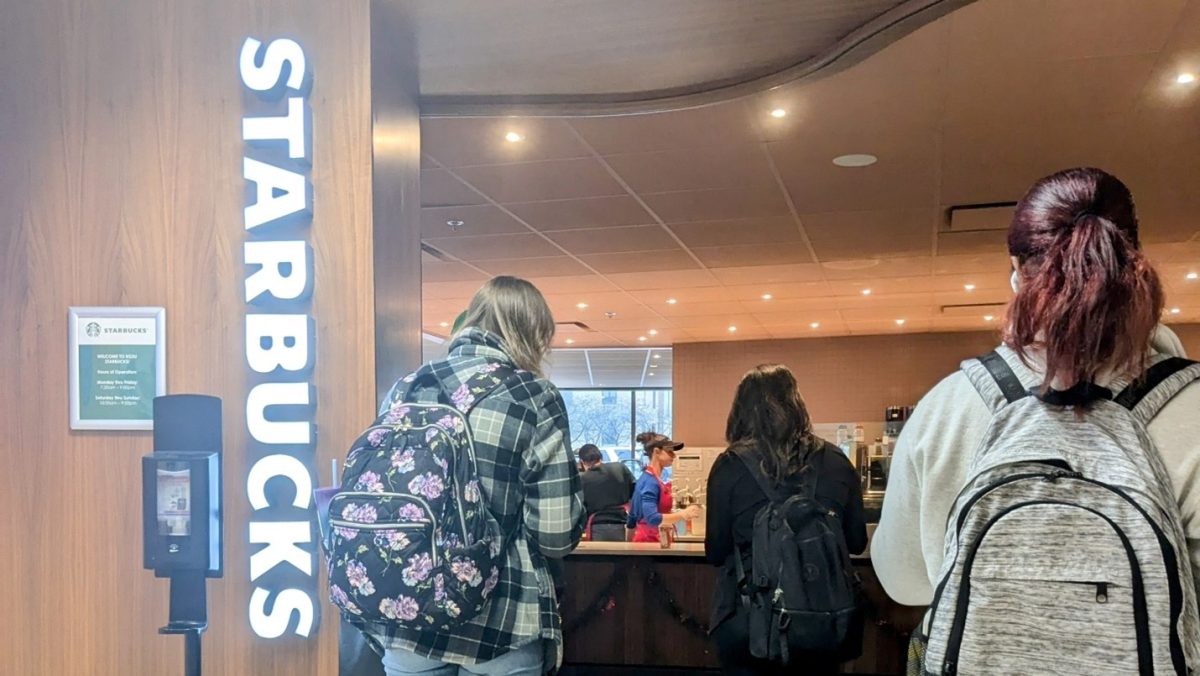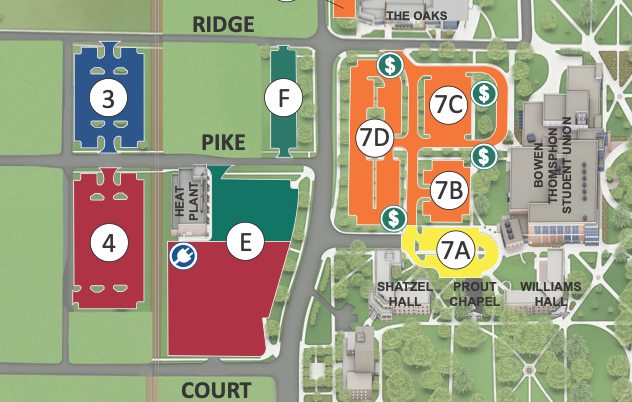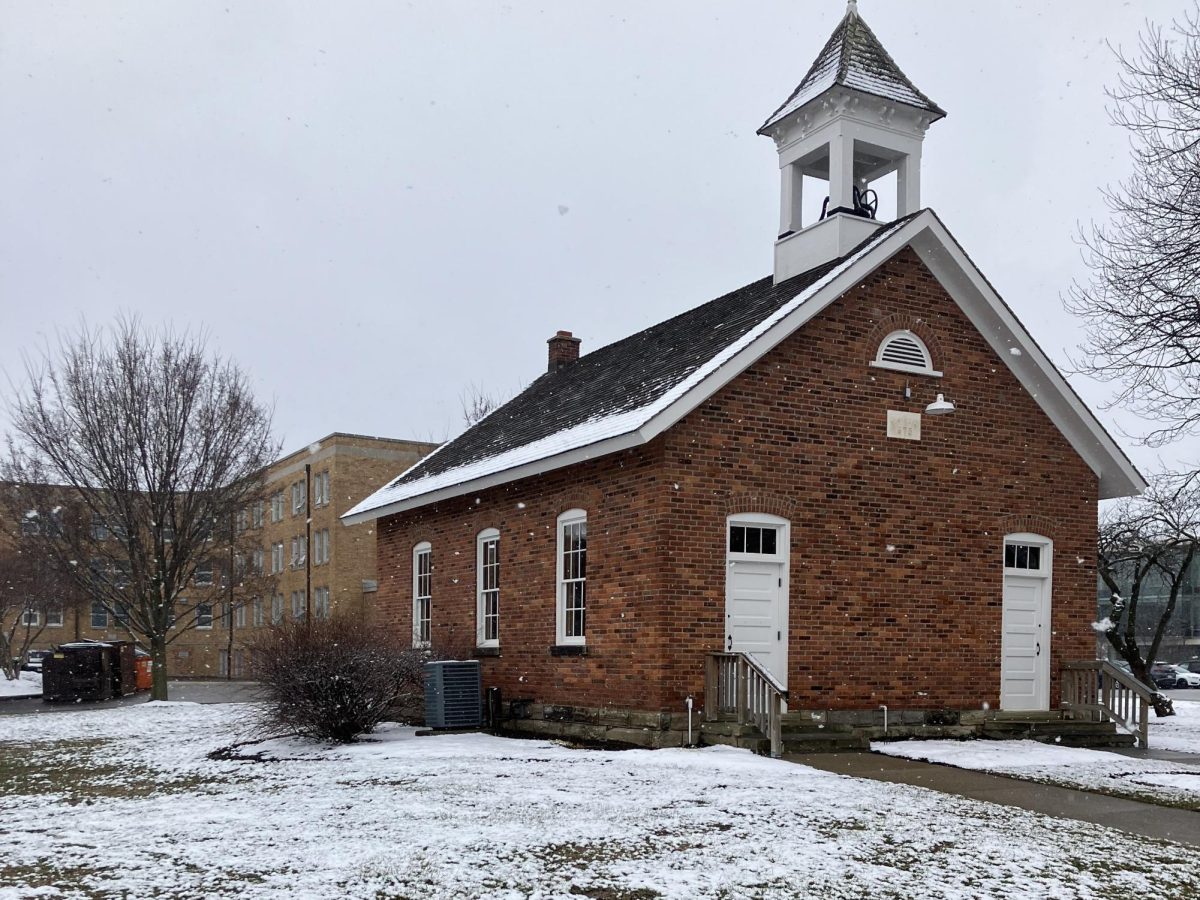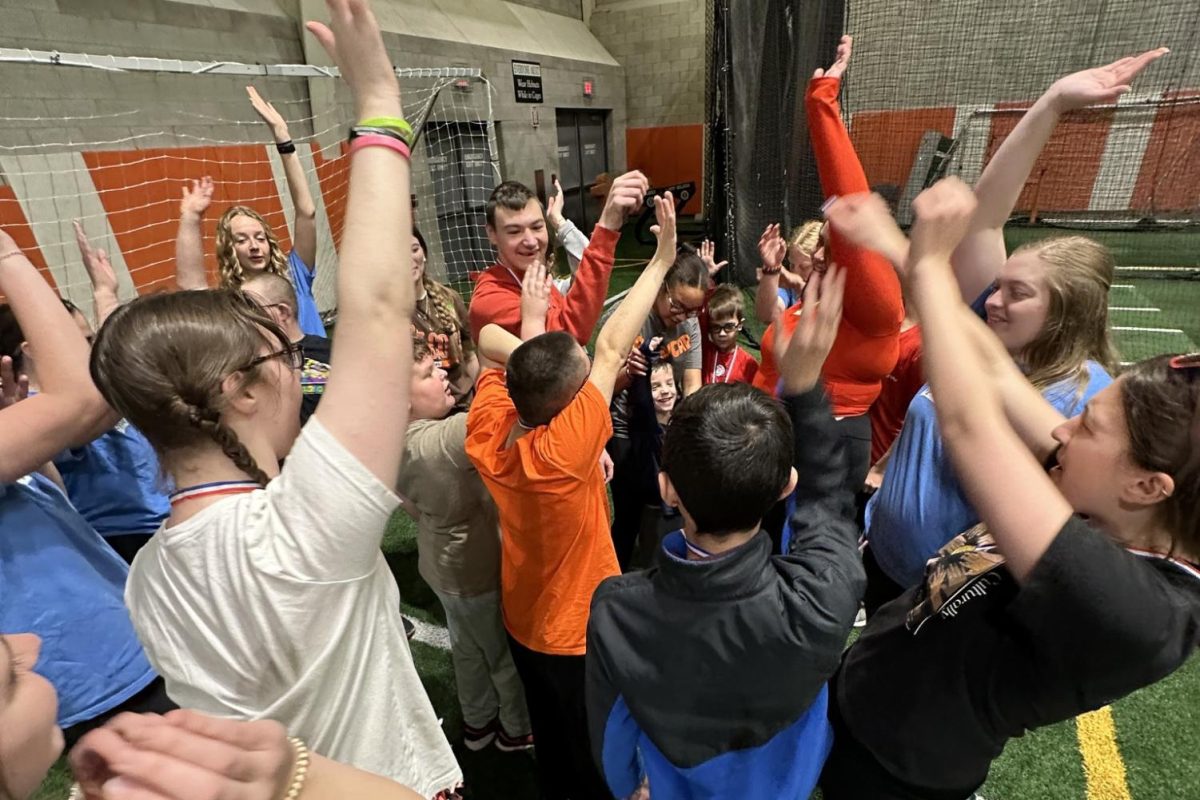Walking through the physical training field adjacent Memorial Hall, what was once Anderson Arena, dirt paths snake their way around the field. Although the field is otherwise freshly mowed grass, these bare paths are carved by hundreds of pounding cadet boots passing through every morning during physical training.
All ROTC programs have a physical training element that prepares cadets for military life. However, according to an article published by The Chronicle of Higher Education, physical ability is not the only skill University cadets share with other ROTC programs across the nation.
The article said ROTC students and students who have formerly been employed with the military are more prepared to perform well in higher education than traditional students.
That proves true at Bowling Green.
According to Lt. Col. Stephen Hopingardner, professor of military science at Bowling Green, Army ROTC students have an average GPA above the Bowling Green State University average. Additionally, cadets graduate faster on average than their civilian university counterparts.
Capt. Daniel Work, the recruiting flight commander for the United States Air Force ROTC at the University, said a focus of both ROTC programs is on collaborative leadership. In the military, cooperating and learning how to work with and lead a diverse group of people is essential to success in the military.
Students learn that leadership skills are essential to the classroom and civilian life as well.
Collin McCurry, sophomore aviation management and operations student, uses the leadership skills he learned through ROTC and adapts them for leadership in his classes.
“Whether we are in other classes or in our classes, and they ask for someone to lead, our hands are typically going to be the first ones up just because we are put in those situations in the ROTC program that make us step out of our comfort zones, so it’s something that we are kind of used to,” McCurry said.
Although leadership is an ROTC cornerstone, cadets are using other ROTC skills in the classroom as well.
Brendan Donnelly, sophomore history student, said his ROTC classes include confidence training. He said the training has given him the self-assurance to voice his opinions, present solutions and offer answers to his classes.
Cadets also become skilled with time and stress management, as involvement in ROTC can sometimes become overwhelming. When cadets put in hours in the classroom and at the library, have ROTC commitments, work part-time and participate in extracurriculars, the load can be challenging.
Mullahey said he overcomes by tapping into the organizational skills he learned through ROTC and successfully balances multiple obligations and commitments. However, he added that if people are struggling with the ROTC commitment in addition to their schoolwork, ROTC is a network of friends and colleagues who are valuable resources and are willing to help.
Hopingardner said part of the freshman curriculum for ROTC students includes how to properly manage a heavy workload. He said the cadre is there to help students when they need assistance, whether that the issue is dealing with ROTC, personal life or academics.
Mullahey said although ROTC is preparing cadets for military success, academics are the absolute priority for the cadre.
“We always stress that academics come first … So if we have a bunch of projects, a lot of homework, all that comes first over our ROTC duties,” he said.
Hopingardner said academics come first for the cadets as well. He said their academic success is directly related to their success in the military after graduation. A cadet’s likelihood of receiving the post-graduation military position or branch they desire increases if they perform well in classes and achieve good grades.
If post-graduation placement is not enough of a motivator to study and get good grades, money and scholarships are always an enticing incentive to succeed academically.
“You can’t beat the scholarships from the military,” Hopingardner said. “[scholarships] keep the students focused on getting through college and moving into the military.”
Students can worry less about paying the bursar and can focus on academics and ROTC involvement.
“There’s one less worry and one more motivation,” Hopingardner said.







